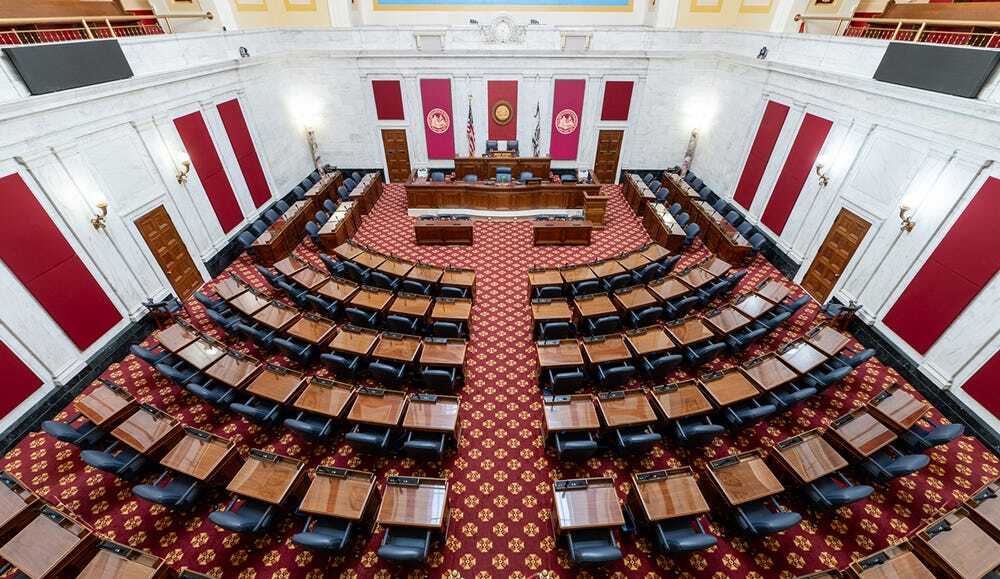This is just a snippet, please visit the article and read the entire piece!
At midnight on Saturday, more than 20 anti-LGBTQ+ bills died in West Virginia after the legislature adjourned sine die. Bills that did not pass included the misleadingly named “Women’s Bill of Rights,” which would have ended legal recognition for transgender people in the state, as well as a bill that would have prohibited gender-affirming care for all transgender youth. West Virginia is the second state in a week hinting that anti-transgender legislative attacks are encountering resistance. Last week, Florida’s legislature also adjourned, effectively killing dozens of anti-transgender bills.
One bill that failed to pass as the West Virginia legislature adjourned was House Bill 5243, also known as the misleadingly-named “Women’s Bill of Rights” by its proponents. The bill primarily aimed to exclude transgender individuals from all legal gender protections in the state. Riley Gaines, who heavily promoted the bill, joined Governor Jim Justice at a press conference where it was announced as a major policy priority. The proposed legislation would have led to bathroom restrictions, prohibitions on driver’s license and ID changes, and the elimination of legal recognition for transgender people’s gender identities. Despite frantic, last-minute efforts by some Republicans to pass it, Democratic lawmakers countered by proposing dozens of amendments for debate. As a result, Republicans placed it at the bottom of the calendar.
“HB 5243 offered no real tangible protections for cisgender women, all while punching down on another marginalized community, and sought to erase protections for transgender West Virginians,” says Ash Orr, a trans organizer in West Virginia, “Essentially, it amounted to yet another culture war bill designed to divert attention from genuine issues affecting all residents of West Virginia.”
Another bill that did not pass in West Virginia was House Bill 5297, which sought to entirely prohibit gender-affirming care for all transgender youth. The state had previously enacted a ban on gender-affirming care, but it included an exception for transgender youth experiencing “severe dysphoria.” HB 5297 aimed to eliminate that exception. More than 400 health care providers signed a letter opposing the bill, describing gender-affirming care as lifesaving and urging the legislature to reject it. The bill failed to pass before the legislature adjourned, meaning that at least some transgender youth in the state will continue to be able to receive care, making it one of the few red states where this is still the case.

